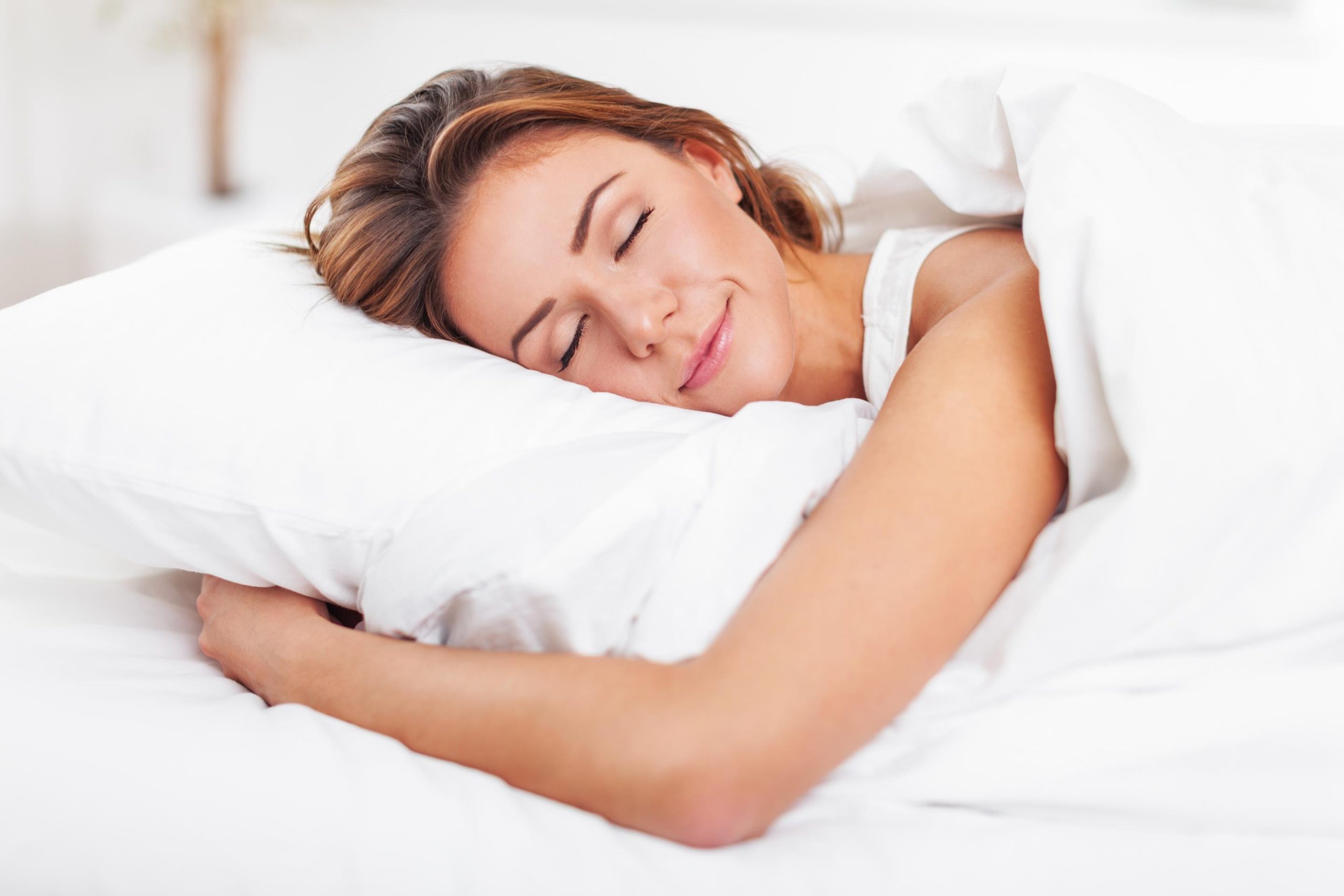
Think you might have sleep apnea or have recently been diagnosed and want to learn more? Our dentist and team invite you to explore our sleep apnea FAQ to get answers to your most pressing questions. If you have additional inquiries or would like to schedule a consultation with Dr. William Caputo about sleep apnea treatment in Pewaukee, Wisconsin, please contact Windsor Park Dental at 262-970-0111.
Request an AppointmentWhat is sleep apnea?
Sleep apnea is a serious sleep disorder characterized by frequent pauses in breathing during sleep. These pauses can occur up to 40 times per minute, sometimes lasting for up to a minute. The interruptions in breathing can affect your overall health and quality of sleep.
How common is sleep apnea?
An estimated 15 million people in the U.S. suffer from sleep apnea. Many people are unaware they have the condition, waking up feeling fatigued because their sleep is disrupted by breathing difficulties, preventing them from getting restorative rest.
How is sleep apnea diagnosed?
A sleep physician is required to diagnose sleep apnea. If you suspect you have sleep apnea, it’s important to contact your primary care doctor, who can refer you to a specialist and help arrange a sleep study to diagnose the condition and assess its severity.
What are the signs and symptoms of sleep apnea?
Common symptoms of sleep apnea include:
- Snoring, especially with breathing pauses
- Insomnia
- Daytime sleepiness and fatigue
- Restless sleep and frequent nighttime urination
- Falling asleep during the day (e.g., while driving or working)
- Gasping or choking during sleep
- Waking up with a sore throat or headache
- Depression, anxiety, and mood changes
- Dry mouth
- Difficulty concentrating or memory problems
How is sleep apnea treated?
The most common treatments for sleep apnea are CPAP (Continuous Positive Airway Pressure) machines and oral appliance therapy. CPAP is the gold standard, using a mask to keep your airways open, but some people may find it difficult to tolerate. Oral appliances, which are comfortable and fit snugly in the mouth, work by keeping the airways open. In more severe cases, surgery may be considered.
What happens if sleep apnea is untreated?
Untreated sleep apnea can lead to a range of health issues, such as:
- Increased risk of accidents while driving or at work
- Heart disease and stroke
- Weight gain
- Diabetes and hypertension
- Liver problems
- Respiratory and immune system issues
- Hormonal imbalances
- Reduced quality of life
What should I do if I think I might have sleep apnea?
If you suspect sleep apnea, schedule a consultation with our office. Our dentist can collaborate with your physician and specialists to properly diagnose the issue and provide appropriate treatment, with the goal of improving your overall health and quality of life.
Will my insurance cover treatment for sleep apnea?
Sleep apnea treatments are typically covered by most medical insurance providers, including Medicare. Since sleep apnea is classified as a medical condition, dental insurance will not usually cover these treatments. We recommend confirming your coverage with your insurance provider.
How does oral appliance therapy work?
Oral appliance therapy works by gently repositioning the lower jaw slightly forward. This moves the tongue forward and tightens the throat’s soft tissues, helping to keep the airway open during sleep for smoother breathing.
Who is a good candidate for oral appliance therapy?
Oral appliance therapy is effective for those with mild to moderate sleep apnea, including:
- Those who snore
- People diagnosed with sleep apnea
- Those who struggle to tolerate CPAP machines
- Individuals exhibiting symptoms of sleep apnea
Is oral appliance therapy comfortable?
Yes, oral appliances are designed to be comfortable and noninvasive, providing a simple solution for improving sleep quality.
Is it hard to adjust to wearing an oral appliance?
No, oral appliance use is similar to wearing an orthodontic retainer. Most people adjust quickly with minimal difficulty.
Are there any health concerns associated with wearing an oral appliance?
Because oral appliances slightly reposition your jaw, it’s important to be evaluated by a trained doctor to ensure your bite, gums, and jaw joint are properly assessed. This helps prevent any negative impact on your oral health.
Will my snoring go away?
With consistent treatment, your snoring should gradually decrease as your sleep apnea improves.
I have a CPAP machine already. Will an oral appliance still work for me?
If you’re using a CPAP machine and it works well for you, it’s a great option to continue. However, if you struggle to use it regularly, an oral appliance can be a viable alternative. We recommend scheduling a consultation with our dentist to see if oral appliance therapy is right for you.
I’m happy with my CPAP machine but find it hard to travel with. Should I give it up?
If you are happy with your CPAP machine, there’s no need to replace it. However, an oral appliance can serve as a more convenient option while traveling, allowing you to maintain effective treatment while reducing the hassle of carrying the CPAP.
I see ads for less expensive oral appliances. Can I use one of those instead?
We strongly advise against using over-the-counter oral appliances or gadgets. Sleep apnea is a serious condition and requires professional treatment. An oral appliance must be custom-fitted by a trained professional to ensure proper function and effectiveness. It’s also important for your appliance to be monitored and adjusted as necessary to maintain optimal results.
